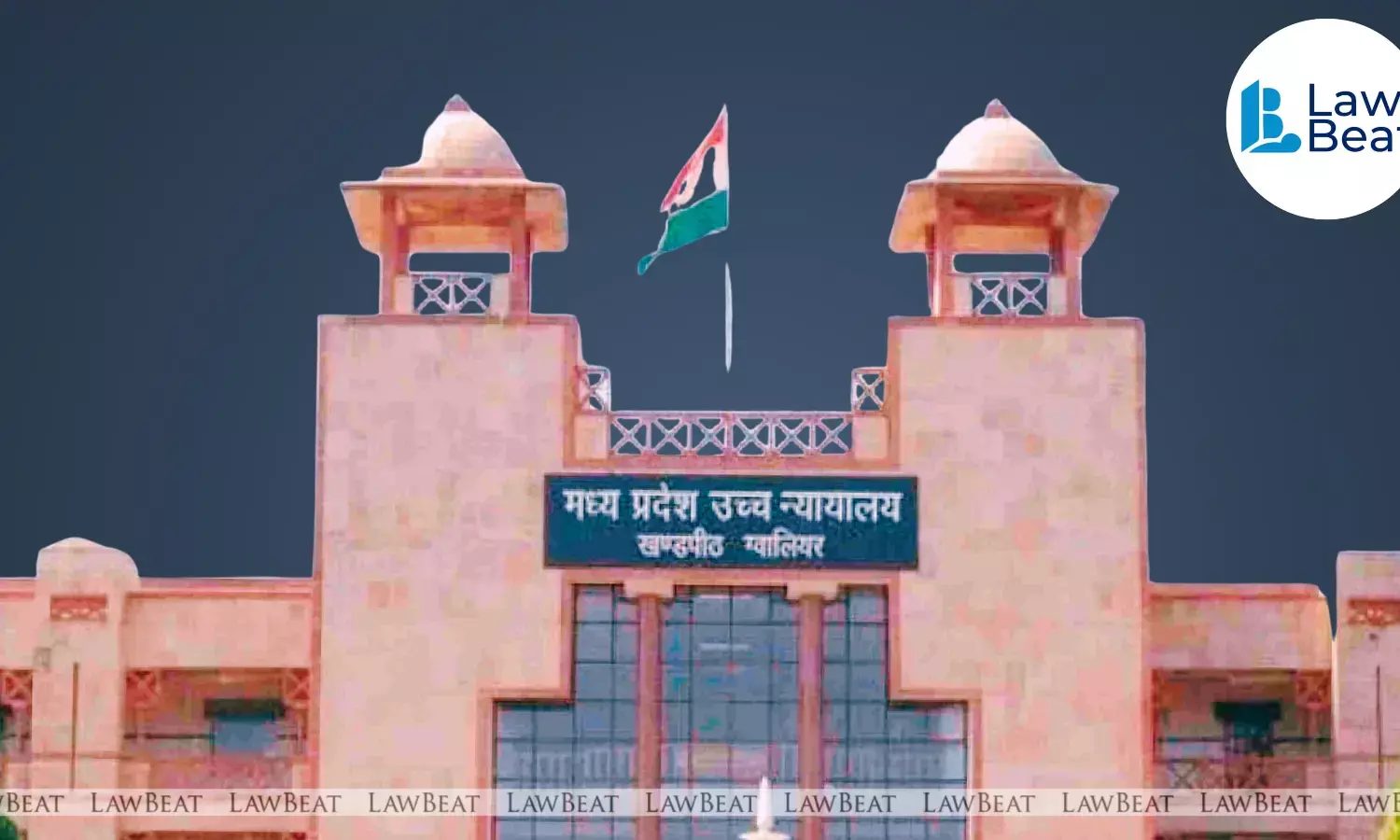Tender Cancellation Must Withstand Judicial Scrutiny: MP HC Upholds Institutional Fairness in Public Contracts

High Court Invokes Tata Cellular Principles, Strikes Down Arbitrary Tender Cancellation by MP Housing Board
The Madhya Pradesh High Court at Gwalior on October 16, 2025, quashed the cancellation of a Rs. 65.73 crore housing project tender by the Madhya Pradesh Housing and Infrastructure Development Board, holding that the annulment was arbitrary, beyond the jurisdiction of the deciding authority, and contrary to principles of institutional fairness and public interest.
The Division Bench of Justices Anand Pathak and Hirdesh delivered the ruling, reaffirming that judicial review remains available even in matters of administrative or policy discretion where decisions fail to meet standards of legality, rationality, and fairness.
The petitioner company, Pragmatic Infrastructure Pvt. Ltd., had emerged as the lowest bidder (L1) in the tender process for the “Atal Kunj Tower” project in Gwalior, a residential cum commercial complex valued at Rs. 65.73 crore.
After completion of technical and financial evaluations, the Additional Housing Commissioner abruptly cancelled the process on March 18, 2025, citing procedural discrepancies. The petitioner challenged the order, alleging that it was issued by an incompetent authority and violated the statutory framework under the Madhya Pradesh Housing Board Adhiniyam, 1972 and the Business and Delegation Regulations, 2015.
The Bench agreed, observing that tenders of such magnitude fall within the exclusive jurisdiction of the Board’s Business Committee, which must make recommendations to the Board for confirmation.
The cancellation by the Additional Housing Commissioner, without such approval, was declared ultra vires and procedurally void.
The Court emphasized that in matters involving public resources, every decision of the State and its instrumentalities must withstand the test of public interest and institutional fairness.
The judgment drew extensively on the Supreme Court’s landmark decision in Tata Cellular v. Union of India (1994) 6 SCC 651, where the Court laid down the parameters for judicial review in administrative and contractual matters. Citing Tata Cellular, the Bench reiterated that while courts do not substitute their judgment for that of the executive in policy or contractual decisions, they must intervene where the action is arbitrary, unreasonable, mala fide, or in violation of statutory provisions. Judicial review, the High Court stressed, is a safeguard against misuse of discretion, ensuring that policy decisions conform to constitutional values of fairness and transparency.
The Bench noted that the tender process had been marred by inconsistent and irregular modifications.
The Board had issued multiple corrigenda altering eligibility criteria on oral instructions from senior officials. Corrigendum-2 added new conditions related to elevator and fire-fighting experience, which were later withdrawn by Corrigendum-3, restoring the original tender terms. Such erratic actions, the Court held, reflected procedural arbitrariness inconsistent with the rule of law and the principle of equal treatment of bidders.
In a detailed discussion on public interest and institutional accountability, the Court observed that the sanctity of the tender process is central to maintaining confidence in government procurement. Referring to Reliance Energy Ltd. v. Maharashtra State Road Development Corporation (2007) 8 SCC 1, it reiterated that “the rule of law requires not only fairness in the process but also its perception by the public as fair.”
Administrative actions that are opaque, erratic, or unsupported by statutory authority corrode institutional credibility and violate Article 14 of the Constitution, which guards against arbitrary state conduct.
The judgment underscored that policy discretion in matters like tendering cannot be unfettered. It must operate within defined legal boundaries to prevent arbitrariness and ensure accountability. Citing Jagdish Mandal v. State of Orissa(2007) 14 SCC 517, the Court stated that the scope of judicial review extends to verifying whether administrative decisions are taken in good faith, guided by relevant considerations, and in furtherance of public interest, not personal or political motives.
The Bench concluded that the cancellation order failed all tests of legality and reasonableness. It was issued by an unauthorized officer, lacked due approval of the competent committee, and was based on vague and unsubstantiated grounds.
The Court declared that such unilateral and opaque decisions defeat the objective of fair competition and discourage genuine bidders, thereby harming the public interest the tender process seeks to protect.
Accordingly, the Court quashed the order dated March 18, 2025, and directed the Madhya Pradesh Housing and Infrastructure Development Board to reconsider the petitioner’s bid in accordance with law and within a stipulated timeframe.
It further directed that future tender processes adhere strictly to statutory mandates to uphold fairness, transparency, and institutional integrity.
Case title: Pragmatic Infrastructure Pvt. Ltd. v. Madhya Pradesh Housing and Infrastructure Development Board and Others
Bench: Justice Anand Pathak and Justice Hirdesh
Date of judgment: October 16, 2025
